The city of Chełm lies by the banks of the Ochrza River, a tributary of the Bug, in eastern Poland, not far from Lublin. It seems that as early as the beginning of the 13th century, when Chełm was still under Ukrainian rule, a Jewish community had already established itself within the city. During the 14th century Chełm became part of the Kingdom of Poland. During the 16th century, the city experienced major growth and developments, notably in commerce and transportation. At this time, the Jewish community of Chełm was one of the largest and most important Jewish communities in the Kingdom of Poland. Jews filled central financial roles and were active in the economic development of the city; among other positions, they served as customs officials, as tax collectors for the civil authorities, and as money lenders for the various churches in the city – both for the Catholic Church and the Orthodox Church.
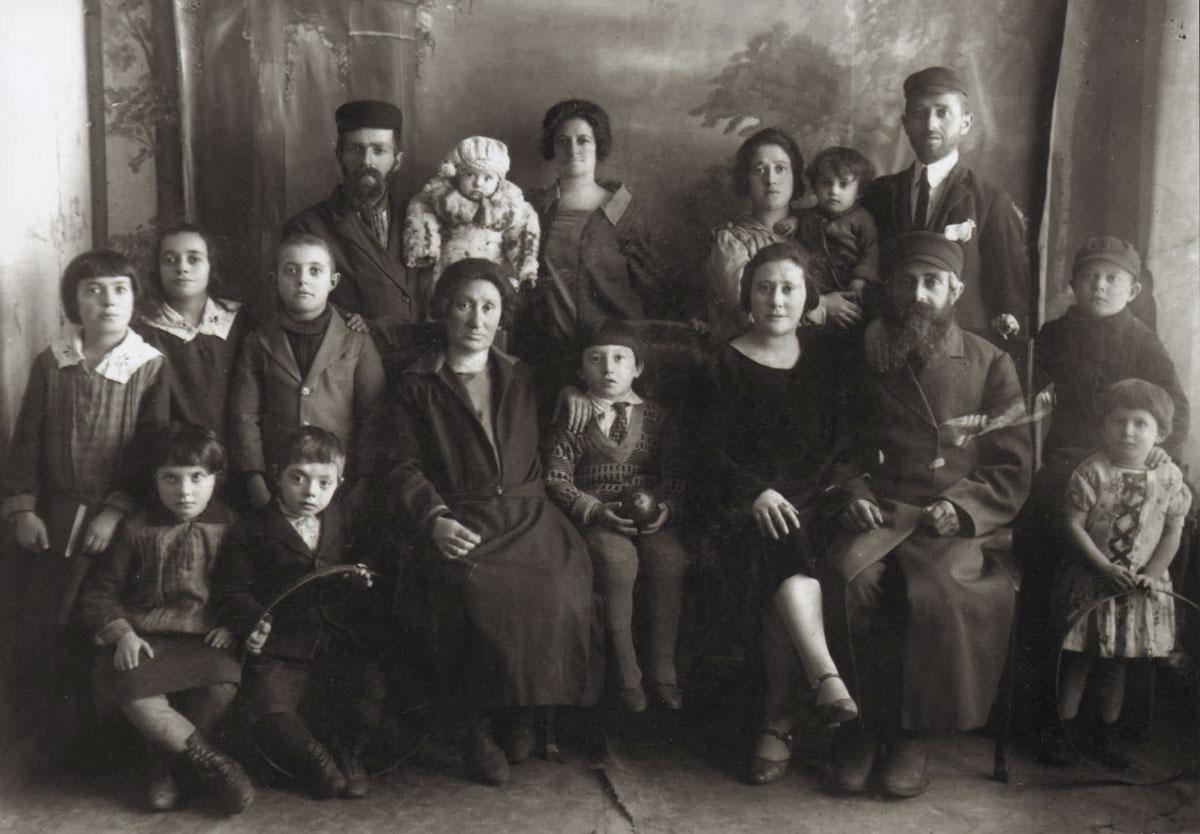
Yad Vashem Photo Archives, 8710/1

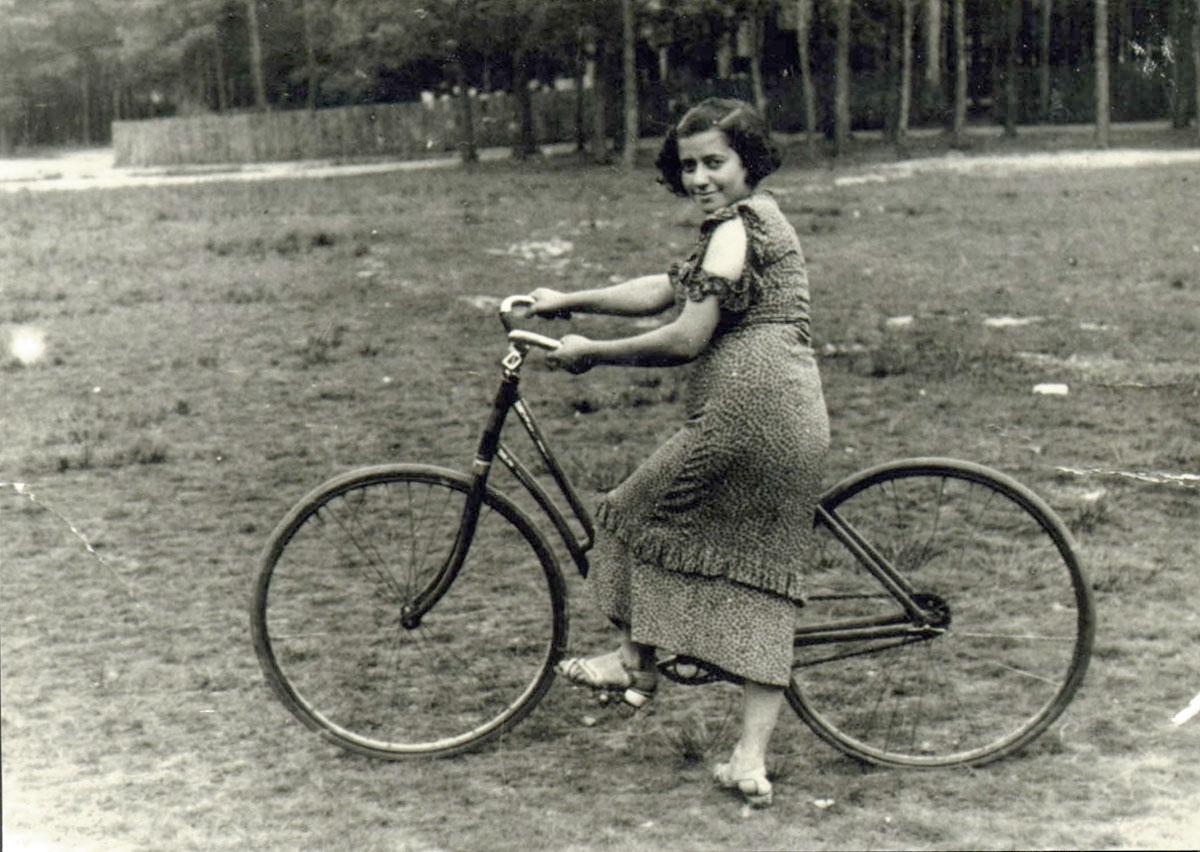
Yad Vashem Photo Archives, 8710/4

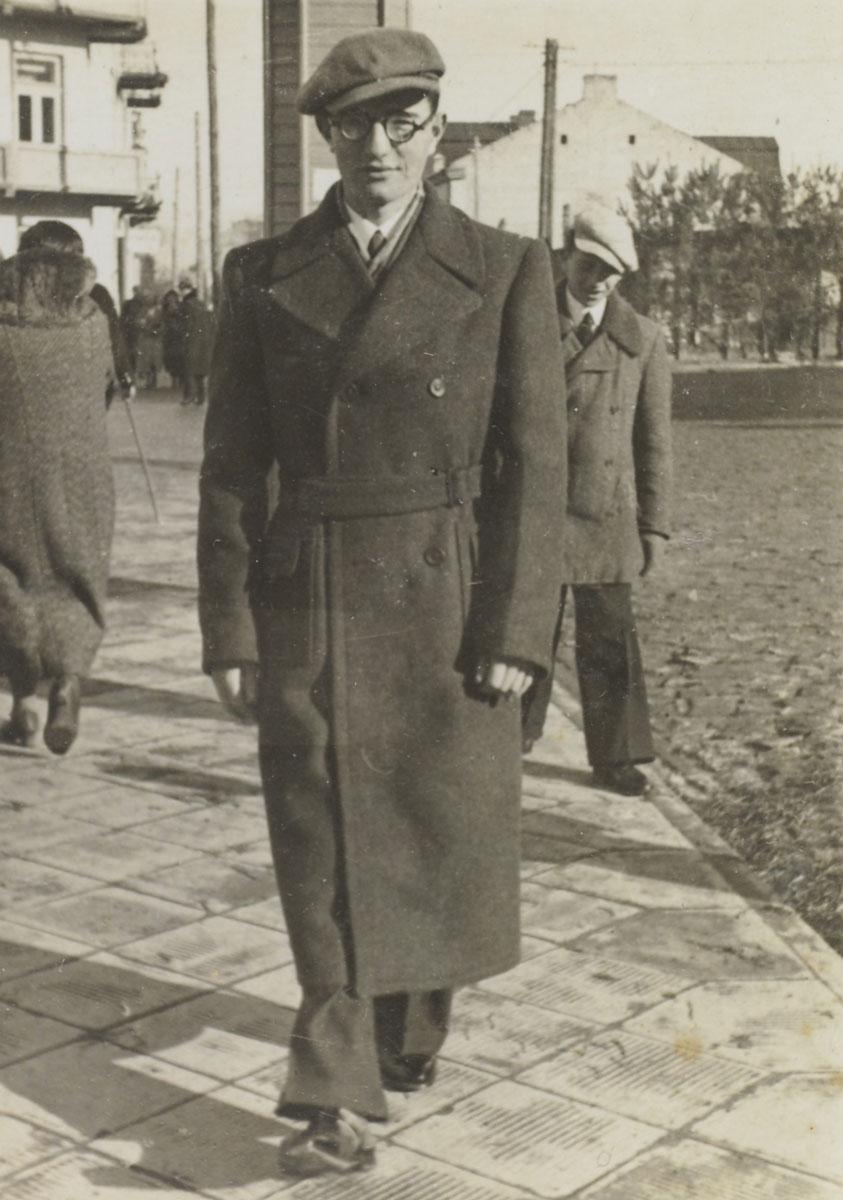
Yad Vashem Photo Archives, 9667/36

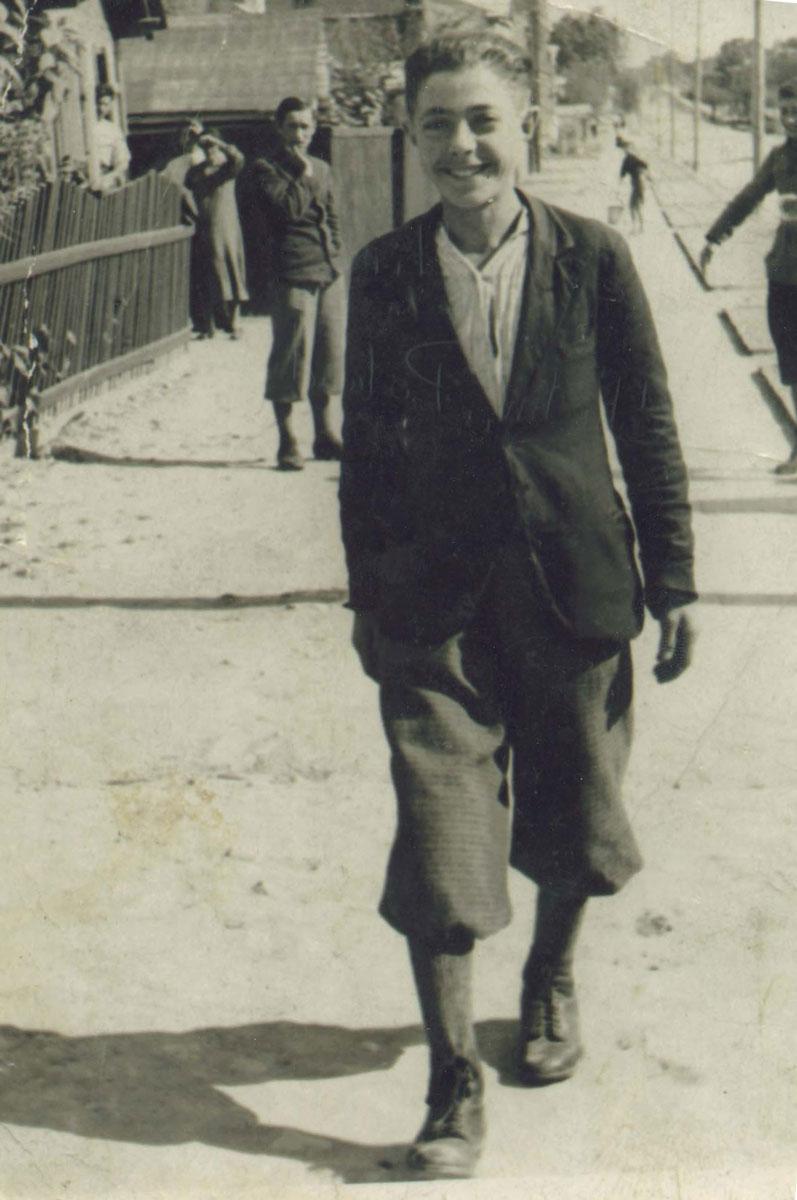
Yad Vashem Photo Archives, 8710/10

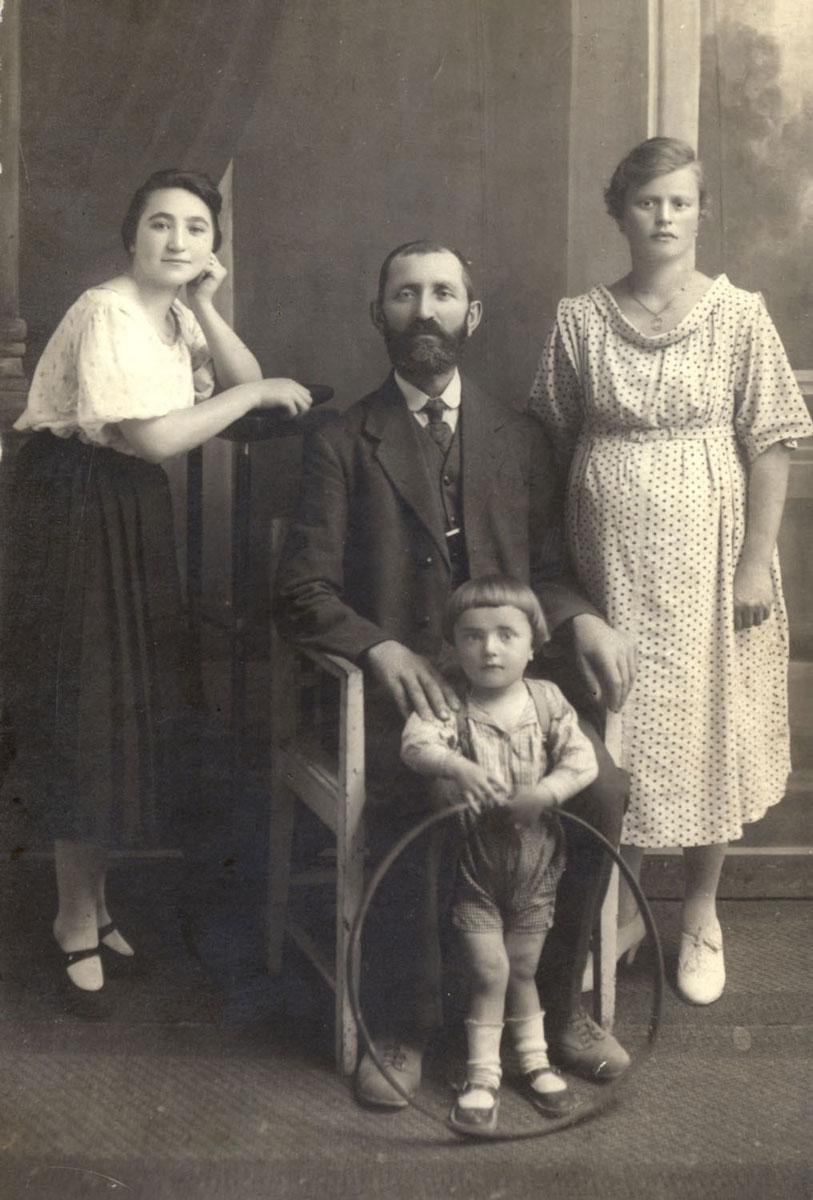
Yad Vashem Photo Archives, 3883/4047

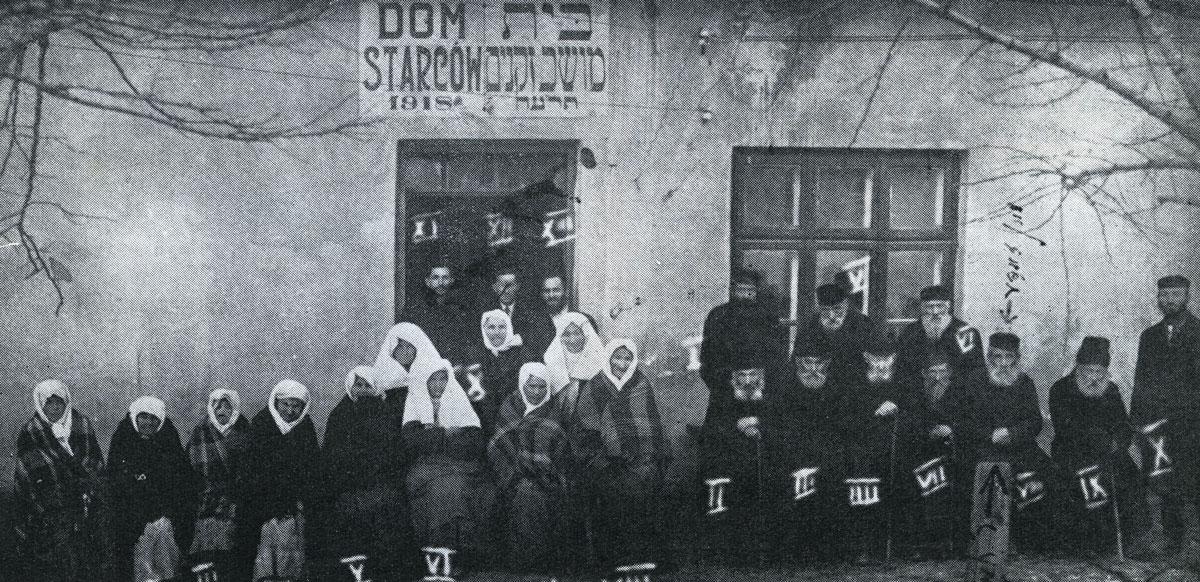
Source: the Chelm Yizkor Buch, published by the Chelmner Landsmannschaft in Yiddish, Johannesburg, South Africa, 1954

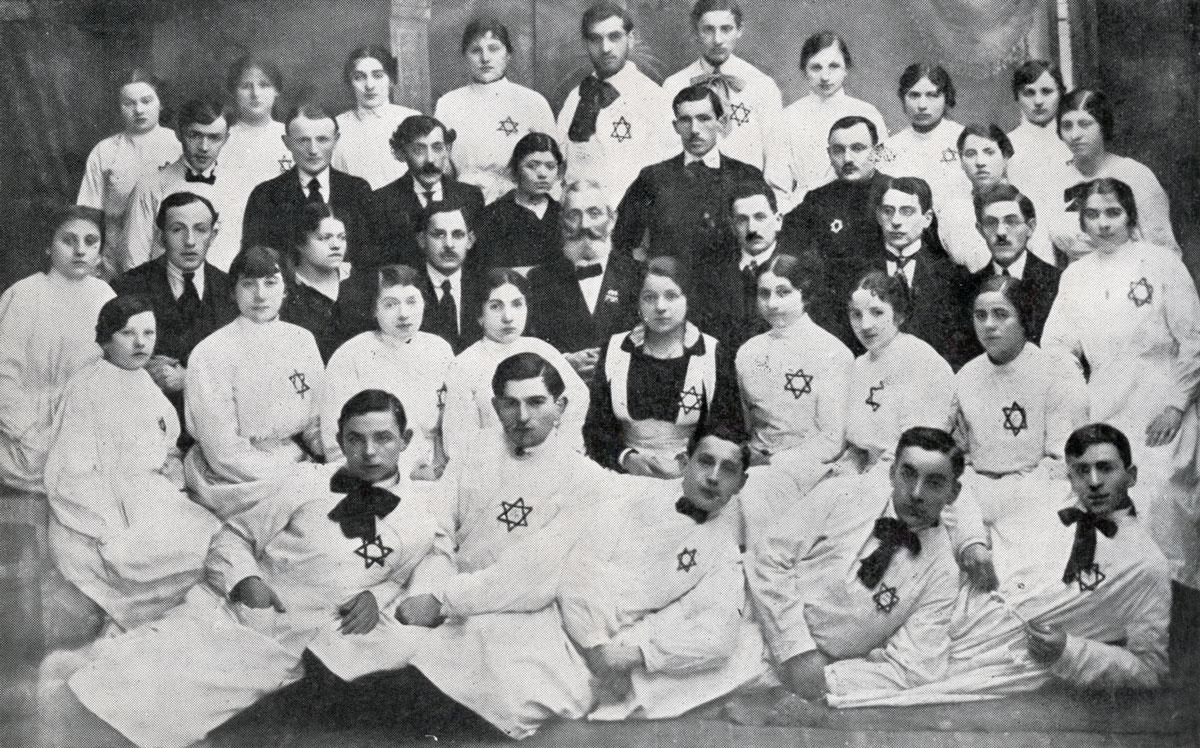
Source: the Chelm Yizkor Buch, published by the Chelmner Landsmannschaft in Yiddish, Johannesburg, South Africa, 1954

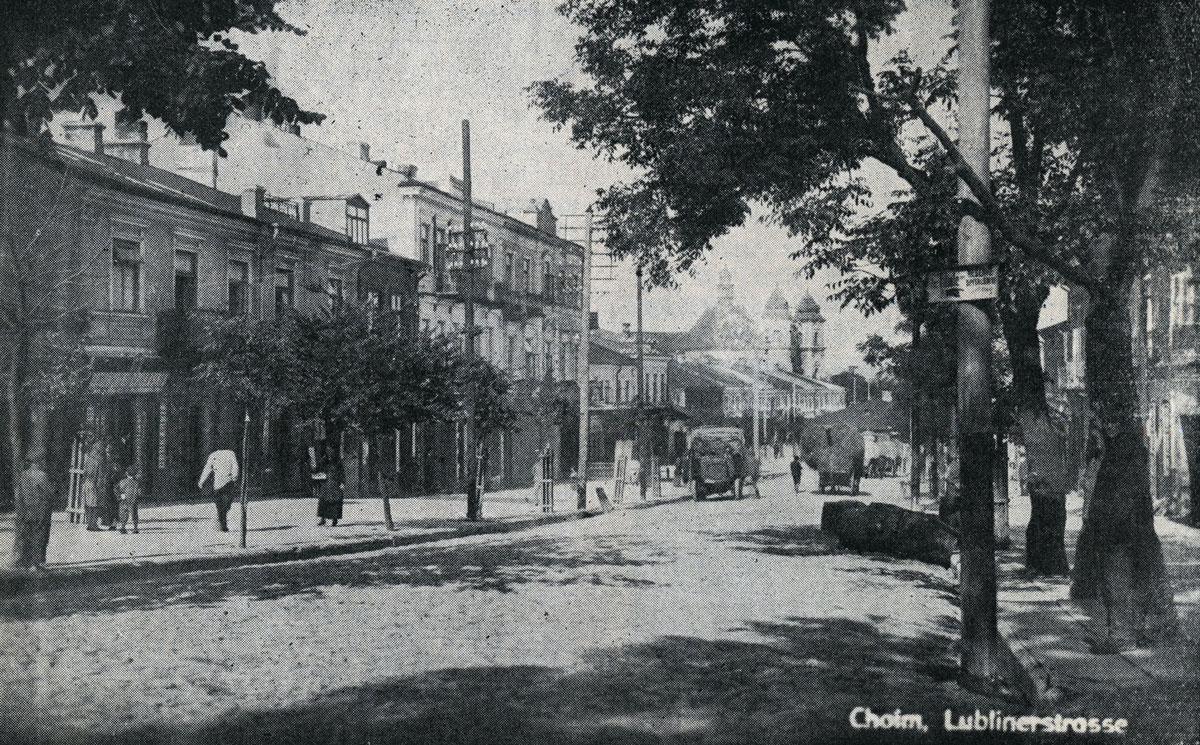
Source: the Chelm Yizkor Buch, published by the Chelmner Landsmannschaft in Yiddish, Johannesburg, South Africa, 1954

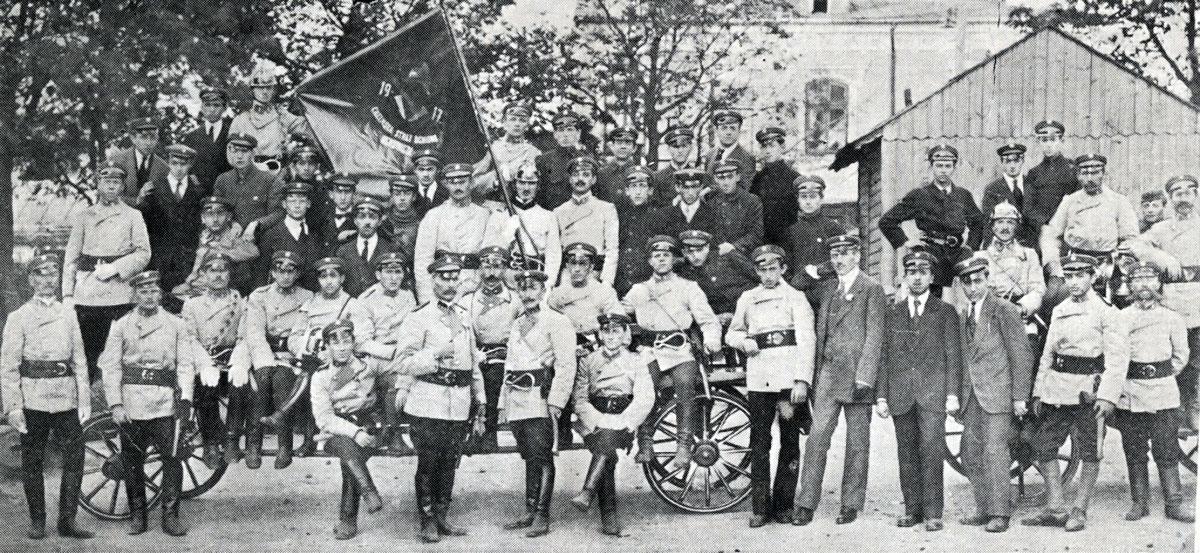
Source: the Chelm Yizkor Buch, published by the Chelmner Landsmannschaft in Yiddish, Johannesburg, South Africa, 1954









